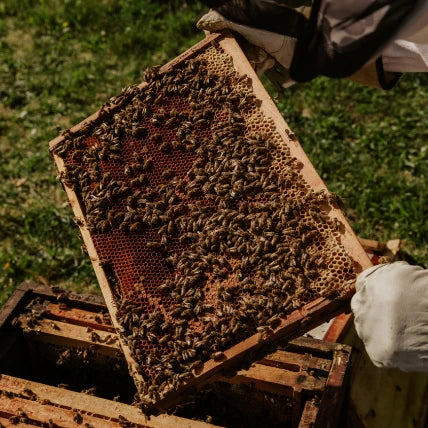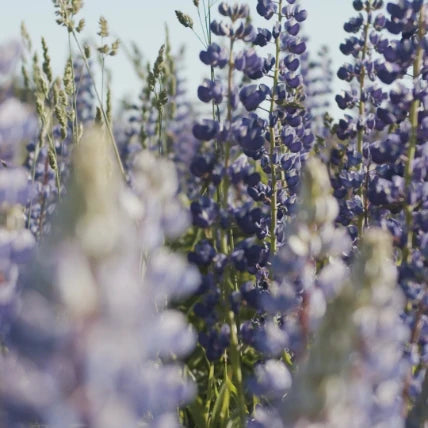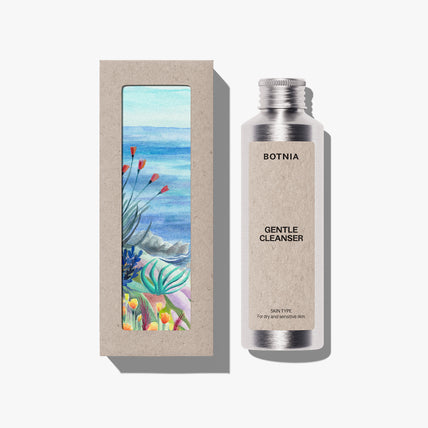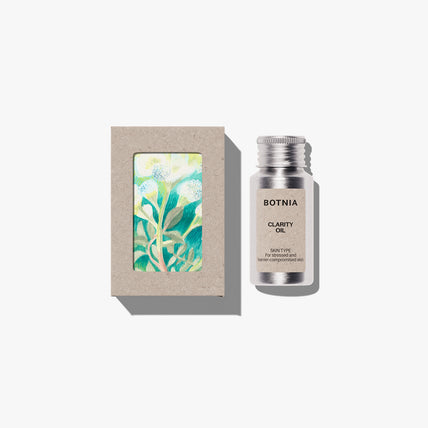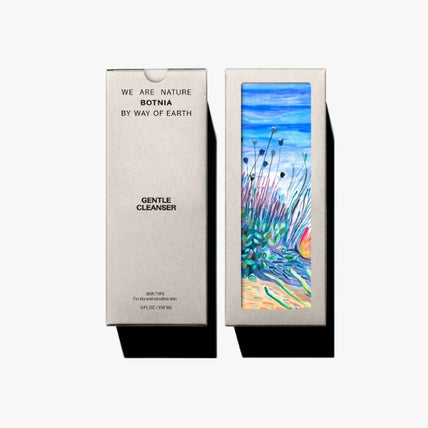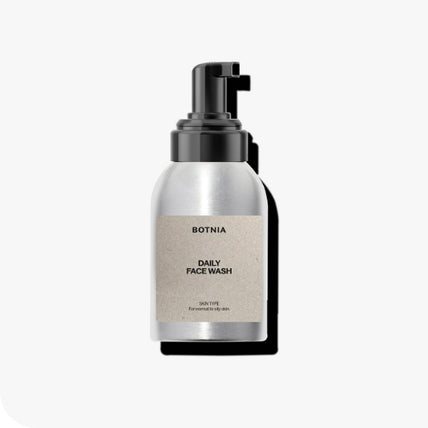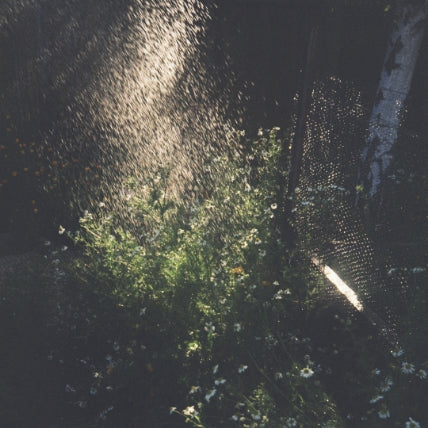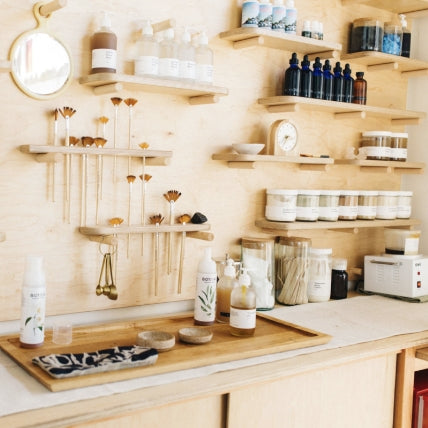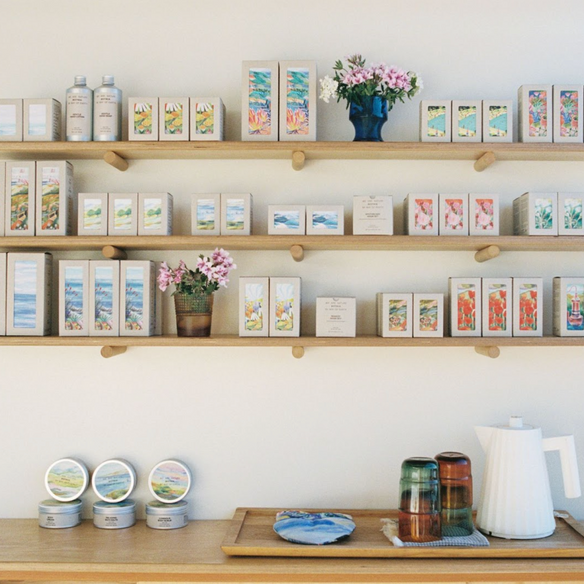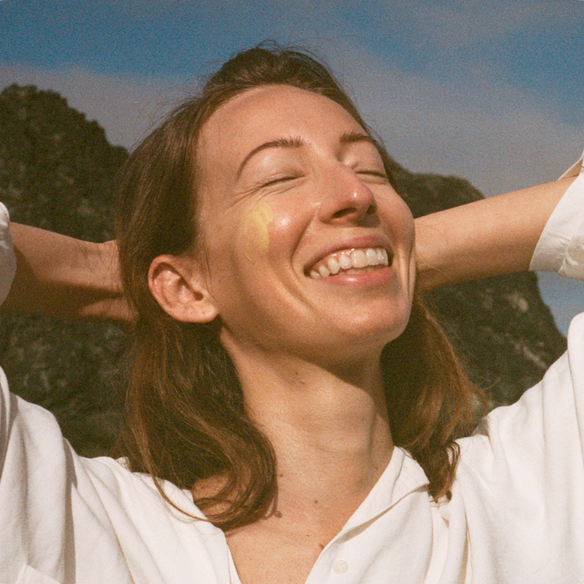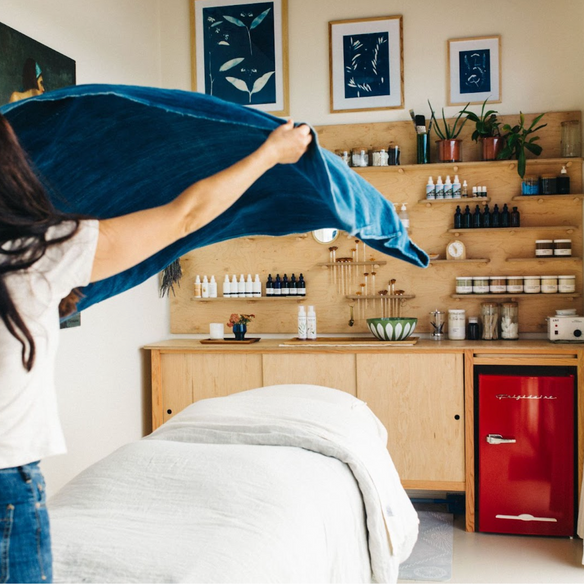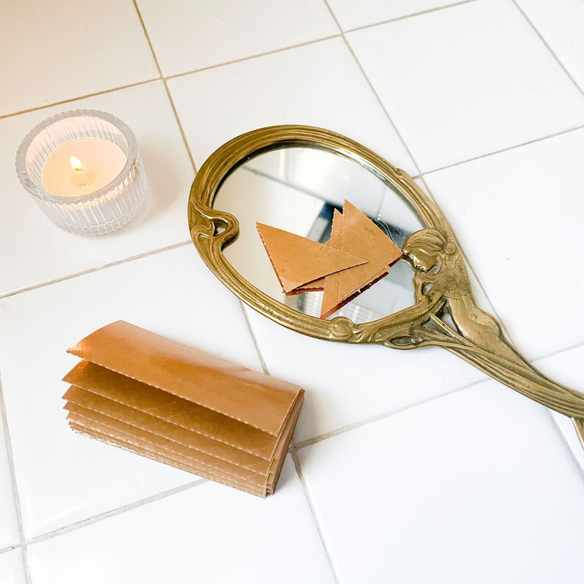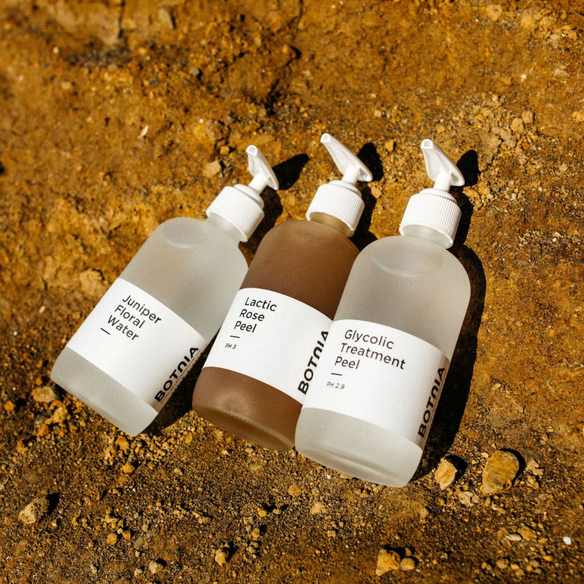
Why Botnia Grows Your Skincare
We have to admit, we’re control freaks. We like to have our hands on every step of making your skincare. From choosing the seeds we’re planting on the micro-farm to making our products by hand in small batches, hand bottling and hand labeling each and every bottle, and packaging your order with care by our amazing shipping team. You can trust that we’ve seen the process from start to finish, making sure our products meet our strict standards all along the way. Why does it matter that we grow the plants that go into your skincare? Because your skincare should come fresh to you: ready to heal, nourish, and ultimately contribute to your overall health and well-being. We believe the best plants create the best skincare, so let’s go straight to the source! Here’s a closer look at the plants we lovingly grow on our own micro-farm in Sausalito.
Biodynamic updates
About a month ago, we started incorporating a farming practice called Biodynamic Farming into the micro-farm! We planted our seeds by the full moon and saw lots of sprouts popping up all over the garden. We’re taking notes of our chamomile and arnica seedlings and keeping track of the growth of each bed of botanicals.
Biodynamic practices tackle pests holistically. We ran into some problems with aphids on our roses, but we’ve treated them using neem sprayed all over the tips of our plants. The constituent of neem that repels pests is azadirachtin. What’s great about using neem oil in the garden is that it isn’t harmful to humans or animals or hurt beneficial insects like bees, butterflies, ladybugs or earthworms. In ayurvedic practices, neem oil is used topically for treating certain skin conditions. Within a few days, the aphids disappeared. No need to use harsh pesticides on our plants!
Another new practice we’re trying is solarizing soil. It’s an environmentally friendly method of using the sun to control soil-borne pests like insects, bacteria, and weeds. It takes about 4 to 6 weeks of direct sunlight and no other chemicals to treat the soil to make it usable again in the garden. To solarize soil, you’ll need a tarp to cover about 2 inches or so of dirt in direct sunlight and keep the pile in a high-temperature area for 4 to 6 weeks. The solarized soil will reach temperatures of 108° to 140°F, taking care of any pests in the dirt. Nitrogen is also increased in this process, making the soil more nutrient-dense for our plants. In our research, plants will grow faster and with higher and better quality harvests when using solarized soil. Crossing our fingers that it works!
Lastly, to create a biodynamic environment, we must bring together plants and animals that’ll harmonize all the elements that support the health of our farm. While we already have chickens and local birds, we’re thrilled to be adding another insect to our family: Welcome to the Botnia Fam worker bees! Our new farmer Emily and Justine met up with our amazing friend Candice of Sonoma County Bee Company to help us find the perfect hive for our lovely bee friends and teach us the basics of beekeeping. Check out our little trip to Sonoma here. We’ll have a ton to discuss as we learn the art of regenerative beekeeping and we’ll share our journey along the way.
Farm Tours
As we grow and scale, we’re looking to find local farm partners who’ll help us grow the plants we need to make our skincare (our micro-farm’s not large enough any more!). We’ve been working closely with our manufacturing specialist and herbalist, Isabella, to talk to new farms in Marin and Sonoma Counties. We check to make sure that each farm incorporates organic or biodynamic farming practices on their land so that we get the same amazing quality of medicinal powers from their botanicals as we do on our micro-farm.
We recently visited Open Field Farm which will begin to grow meadowsweet, yarrow, and sweet annie for us. You’ll find these botanicals in our Balancing Oil Cleanser and Clarity Oil. Check out our farm tour of our newest partner, Open Field Farm in Petaluma, CA! And we also welcome Tookey Farms in Sonoma, who is growing calendula, chamomile, and rose geranium for us this season, all with regenerative farming practices. Check out our post about Sammy of Tookey Farms here.
Slow farming, slow skincare
Even though some of these new farming practices take more time to see results, we believe the wait will be worthwhile for the overall health of our farm! Just like our skincare, with daily repetition and some patience, we know that slow and steady creates better results in the long run! It’s all connected: we’re creating slow skincare, and it starts on our farm.
Xo,
Botnia
